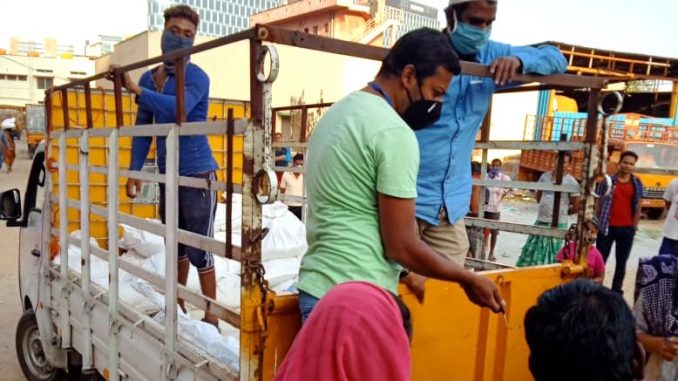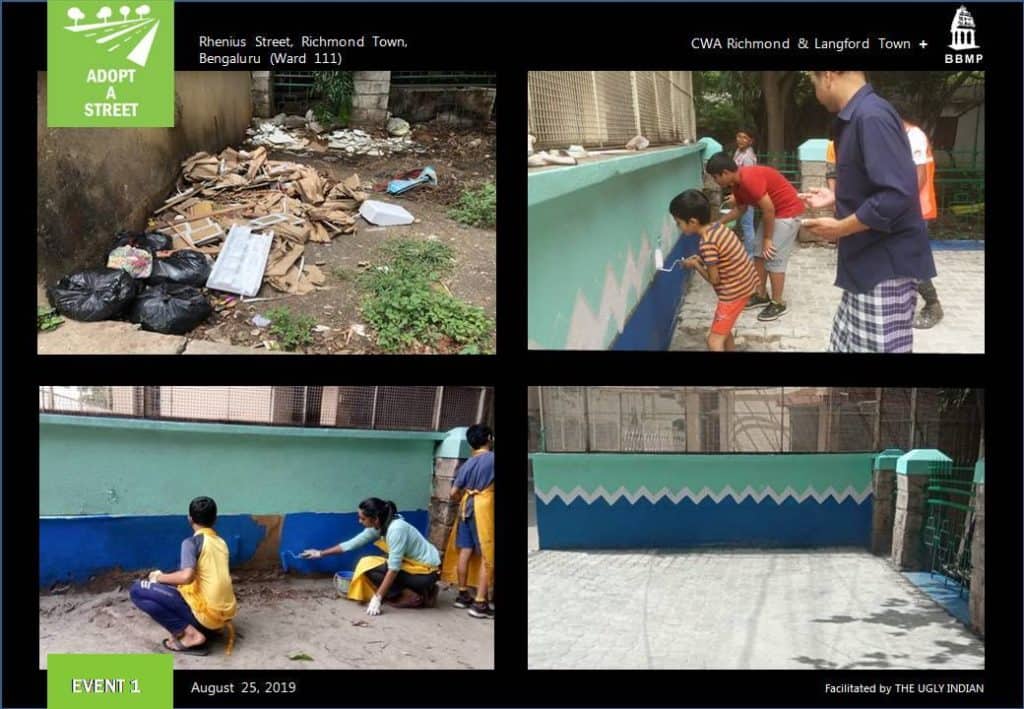With COVID, lockdowns, unemployment, heartbreaking journeys of migrant workers back to their villages, news of illness and death making headlines every morning, this year has taken its toll on all of us. Hunkered down in our houses, distanced from family, friends and colleagues, we had few reasons for cheer. But even amid this seemingly incessant gloom, we found some inspiration from the citizen engagement and impact that we saw in several spheres.
Though the government failed us consistently and abysmally, warriors among us arose to take control of the situation. Men and women across the country organized toolkits, Twitter drives and awareness campaigns to mitigate the crisis. Many worked actively on the ground to arrange for beds, oxygen, medicines, ambulances, food and other essentials for anyone in need. Regardless of class, caste, age, sex, the people of India stepped out of the boxes they had been pushed into by narrow politics and social conditioning, to help each other in this terrible time of need. Doctors, nurses and many other frontline workers truly stepped up and set shining examples in dedication and sacrifice.

As the world’s most populous democracy, we elect our governments in this country. Also, there is a large bureaucracy that is supposed to plan for contingencies and manage them. In the last 30 years, the private sector in India has expanded its capacity in leaps and bounds. Indian individuals hold positions of power and leadership across the world in different domains. Enrolment in higher education in the country and compensation have risen, as have aspirations. So, why is it so difficult for the elected governments and the public sector to raise the bar?
Out-of-sync governance
Ironically, the average Indian, who is continuously striving to outdo himself, expects so little from the government and bureaucracy that they are never surprised at how shoddily these agencies do their jobs. In Bengaluru and other cities across the country, the yawning gap between what officials plan for and what ordinary people need on a day to day basis has led to a critical shortfall in effective and implementable policy. Consider, for example, the Master plan of Bengaluru, which hardly takes into account the real concerns and challenges on the ground in the city.
Read more: How to plan Bengaluru: A city for people and not for profit
Due to the manipulation of urban master plans by government and speculators, our cities lose something extremely valuable – features that would make it a livable city, enjoyed alike by the old and young, the rich and poor.
After this year that we have been through, isn’t it time we changed the way we do things in the space of urban planning and governance? Why can’t we harness the incredible energy of citizen engagement of the last year in the field of urban planning as well?
Read More: These Bengaluru volunteers filled gaps in COVID management
Some rays of hope
To be fair, there have been some changes in the last few decades. Participatory models of planning by professionals, such as the one demonstrated by recently deceased architect Ashish Ganju in Ayanagar, Delhi, tried to change the paradigm by involving local communities in the transformation of urban settlements. The Janaagraha Centre for Citizenship and Democracy in Bengaluru has used civic accountability as a means to hold the government accountable. Political and structural changes, though few and far between, have also been experimented with.
The AAP in Delhi was the first regional party to emerge from an anti-corruption movement and are using evidence to inform policy. Politically, they have struggled to make a dent in the rest of the country. But the tide is changing.

The way forward for citizen engagement
The system of urban planning too needs to be built bottom up. Engaged citizens must start organizing their own urban habitat by joining together in collectives, liaising with government authorities, through the offices of elected political representatives like MLAs and MLCs (who need to be held accountable too), forming a ‘coalition’ with the original village/neighbourhood residents, and persuading local authorities to provide/upgrade the urban infrastructure.
In Bengaluru, however, most activism or citizen engagement has been rather elitist with only those voices that have access to power getting heard. Typically, elite citizens groups in the city have not been interested in the issues affecting the greater majority of the population such as poverty, housing, jobs etc. Consequently, the civic gains they make have limited impact.
A pandemic can fast track the process if the energies of citizens are harnessed properly. Any long term success in the sphere of urban planning has to be based on goals and ambitions that are broad in scale and applicability. The efforts must lie in the middle ground between the politics of activism and legislative politics. It also requires proactive engagement (less reactive activism), domain knowledge and evidence based advocacy.
Read more: How citizen action changed Kudlu crematorium
In Bengaluru, we have made a small start in this direction with ward committees being constituted. This is a critical component of participatory planning and conforms to the 74th CAA. However, so far, the ward committees have been weak and easy to dismiss. If the citizen engagement and energy demonstrated during the pandemic can now be focused on strengthening these ward committees, evolving mechanisms to access information and make demands of elected representatives, and holding the government accountable, we might be able to fast track the process of reforming governance in the city and country. Yes, this space is a challenge, but well worth the engagement.
Nice Article .. Shreya ,Can you do an article to wake up Food Supplies Department in Bangalore who have stopped issuing BPL cards to poor since 2017 and depriving them supplies .. Reason given by the Addl Chief Secy who heads the dept is 4.2 Crores people out of 7 Cr population of Karnataka have fraudulatly taken BPL card ..so they stopped issuing any more till APL people voluntarily surrender BPL cards .. Very illogical and unjust explanation ..Please go deeper bring out facts that would wake up minister and Addl CE to act ..